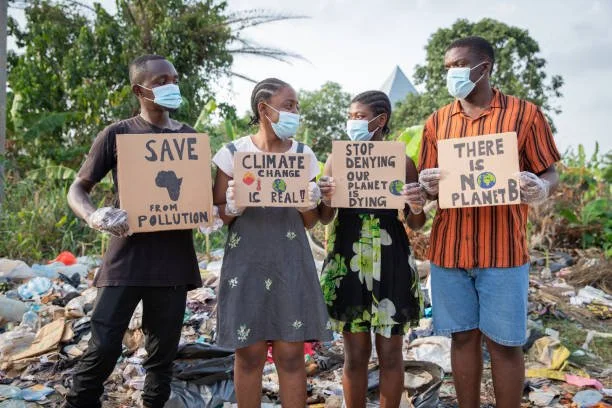Fostering intergenerational equity in climate action
Intergenerational justice concerns moral relations between different generations. You can look at it from many perspectives. Through a climate lens, it becomes important to look at historical developments, our current situation and relationship between different generations, and our impact on future generations when thinking about intergenerational justice or equity.
Children and young people find themselves in a peculiar double status. They are recognized as future citizens, having to live with the consequences of decisions of today the longest, but should also be fully recognized as current citizens who have a right to have a say in policy making. They are least responsible for the current state of global emissions, but inherit a world with climate change and growing economic inequality.
The youth of today is a bridge between the present and future. It is their in-betweenness that is highly valuable in discussions about the impact of policy on the future. With future generations however, we often refer to those not yet on this Earth. The group has no voice, no representation.
Concepts like intergenerational justice shed light on the implications of climate change across generations. It shows us that the climate crisis negatively affects different generations in significantly different ways. The insufficient action by governments to tackle climate change hits youth the hardest, as well as future generations. The irreversible change the environmental crisis brings about causes more ground for action. Meaningfully integrating the impact on future generations is a challenge, and failing to do so comes at a cost for nature, people, and the future of the planet.
It’s important to start thinking about how our current policies impact future generations. How do we ensure climate measures are sufficient? What do we have to give up now, in order for future generations to have the same liberties? Short term thinking will deepen injustices towards future generations. We need to start looking at practical ways to safeguard the rights of future generations.
The upcoming Summit of the Future will discuss questions like those above. To better understand the different perspectives out there on the intersection between climate change and future generations,
we ask you the following questions:
1. What does intergenerational equity mean in the context of climate change, and why is it important for current generations to consider the needs and rights of future ones?
2. In what ways can intergenerational equity principles inform climate finance and policy decisions to prioritize long-term sustainability and justice?
3. What strategies and mechanisms exist to ensure meaningful youth engagement in climate governance, beyond token representation?
4. What role can youth-led movements play in holding governments and institutions accountable for their climate commitments and ensuring intergenerational justice?
5. What practical steps can we take when it comes to finance in order to safeguard the rights of future generations in the context of the climate crisis?
6. How can we strengthen child and youth responsive climate finance?
7. How can we enshrine these principles (institutionalize, legalise, etc.)?



